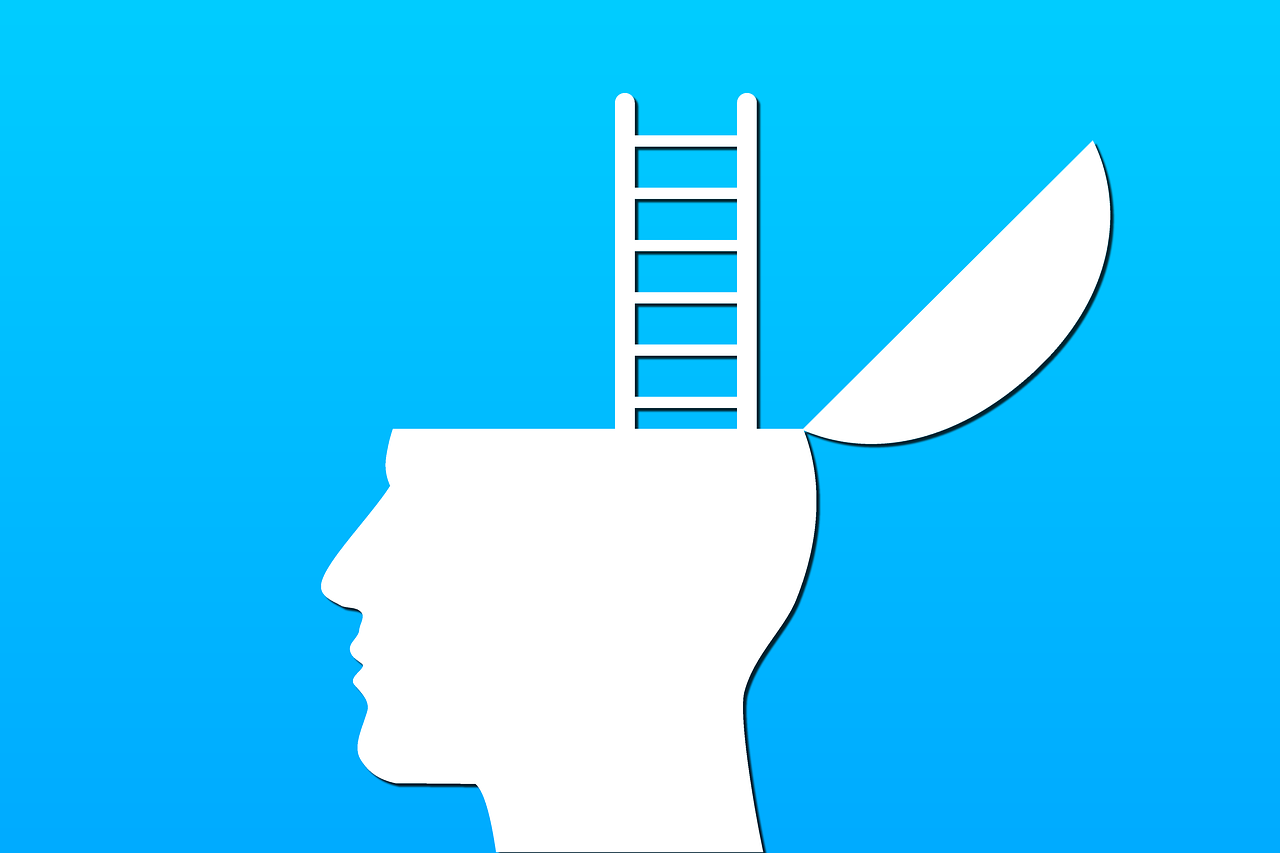Do you think people are born with a certain level of intelligence? This question was posed in one of my courses earlier this semester, and the answers from the class were almost unanimous. Most people felt that you were born with some inherent level of intelligence. Maybe you could acquire more skills or learn something new, but there would be some threshold, and that was set.
I can’t lie, I felt the same way. Growing up, my friends seemed to fall into subjects they were “naturally” good at. In high school, I never excelled at math the way some of my classmates did, giving me a mentality that I was just “not good at math.” I felt I had a certain level of intelligence when it came to numbers and symbols and that line was drawn. I assumed I could never pass it.
What I didn’t realize, and maybe the rest of my class didn’t either, is that this is actually a characteristic of what Carol Dweck defines as a fixed mindset. Dweck is a professor and doctor of psychology at Stanford University, whose work deals mainly with social, developmental and personality psychology. She was also the first person to categorize two distinct thought processes as a fixed or growth mindset.
In her book, “Mindset,” Dweck breaks down key differences in how people think and approach the world in terms of a fixed mindset or a growth mindset. The book was actually published 13 years ago, meaning this information is not necessarily new. However, I don’t think it has ever been more relevant than when you’re in college. Students should be challenging themselves, growing and forming who they will become in their personal and professional careers, and you can’t do that with a fixed mindset.
HAPPY MONDAY! 🧠🌱#MondayMotivation #growthmindset pic.twitter.com/PVUGuB99Rt
— Mindset Works (@MindsetWorks) March 2, 2020
The best way to understand a fixed or growth mindset is to look at how an individual thinks about certain situations. When it comes to challenges, a fixed mindset will avoid them where a growth mindset embraces them. Fixed mindsets usually give up easily when dealing with obstacles whereas a growth mindset persists even with numerous setbacks. Growth mindsets will often put in more effort where a fixed mindset wouldn’t.
Criticism is often mean or unaccepted in the eyes of a fixed mindset, but it’s an opportunity to learn for a growth mindset. A growth mindset will find inspiration in the success of others whereas a fixed mindset might feel threatened. Lastly, a fixed mindset sees intelligence as static where a growth mindset sees intelligence as dynamic.
Is all of this to say everyone is one or the other? No. While some people may have a tendency toward one, it’s likely everyone exhibits a little of both in different circumstances. However, given all the benefits of a growth mindset, it’s easy to wish it were possible to think that way all the time.
Unfortunately, it’s not as simple as flipping a switch and simply looking at the world through a new lens. However, being able to recognize when you’re exhibiting a fixed mindset is the first step in developing a mentality that’s more open to growth.
So why is this particularly important in college? College is meant to stretch, challenge and broaden a student’s understanding of the world. Coincidentally, a growth mindset does this too. Being a student without a growth mindset will undoubtedly cause friction that can halt personal development. If someone is not open to new perspectives, challenges or obstacles, they may struggle in college, given most university life involves these things.
A few weeks ago I got a grade back for a paper I wrote, and it wasn’t what I wanted to see. My first reaction was frustration and self-pity. The fixed way of looking at the situation told me that I had failed, that I was unqualified, and that this was going to define my grade for the course.
A growth mindset reminds me that this leaves room for improvement if I push through this one setback. I can try again, ask questions where I don’t understand and learn from the comments my professor made. A growth mindset flips a “failure” to an opportunity.
The professor who first introduced Dweck’s book to me has required the class to keep a “mindset journal” for the semester. Once a day we write down one thing we did with a growth mindset, one thing with a fixed mindset and a way to flip our fixed to growth. My growth entries have included things as small as ,“stepped out of my comfort zone and tried a new coffee shop” to larger decisions such as “challenged myself and joined a new club.”
Many of my fixed entries seem to return to a few similar ideas like, “got overwhelmed with school work and wanted to give up” to “I don’t understand X subject it must be my professor’s fault.” It’s pointless to pretend that we don’t all experience a fixed mindset from time to time, but reflecting on how to change it defines who will succeed.
All of my “flipped” entries remind me how privileged I am to be at school and why I’m determined to do well. When I feel like giving up, I remind myself that “hard” schoolwork is what prepares me to be successful in the field I’m so passionate about. It teaches me that I have the power to change situations that frustrate me instead of blaming others. If a professor isn’t making sense to me, I have the option to go to office hours, ask a classmate for help or find other resources that clarify ideas for me.
I remind myself of this everyday 😍Praise the progress no matter how “big” or “small” it might look to you. This is a friendly reminder in and out of the classroom 💜 #praisetheprogress #growthmindset #studentsuccess @GreenbrierScho1 pic.twitter.com/7IvvB6L3uT
— Melissa Jane Howell (@msmjhowell) February 26, 2020
Keeping track of my thoughts and working toward growth has been the single most useful resource in my college career thus far. A growth mindset encourages me to believe nothing is a failure if I can learn something from it.
Sure, good grades come from hard work and great friendships come from putting yourself out there — two desired elements of college life — however, both of these things stem from a growth mindset. Stretching to learn from mistakes, growing from failures and being open to new opportunities is all a person really needs to be successful during college.













